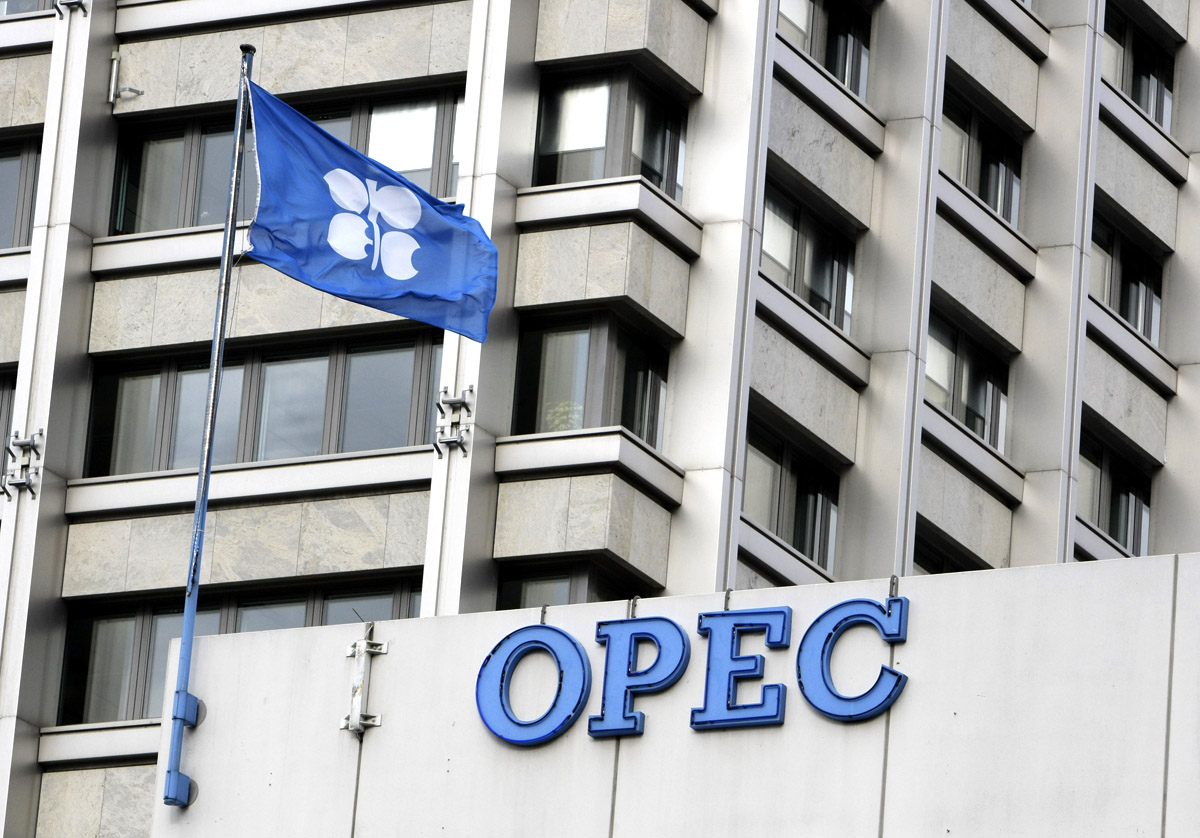OPEC Fails To Settle Disputes Amongst Member Nations
On June 2nd, OPEC countries including Iran and Saudi Arabia ran into a disagreement regarding measures to influence crude supplies and prices.
The meeting was filled with tension as delegates from various countries attempted to find a common ground. However, things didn’t go as planned.
All parties failed to come to an agreement and missed an opportunity to resolve the disputes and promote fair and more reasonable oil prices for their respective nations.
Throughout Thursday’s meeting, OPEC officials said that the cartel was alive, ridiculing speculations that its authority was corroding to a point where the meeting would be rendered useless.
“Don’t take that (to mean) that OPEC is dead,” said Secretary General Abdulla al-Badri. “OPEC will be powerful, will be strong. OPEC is alive.”
North American crude oil prices including Canada, have also been affected as their prices fell immediately after the announcement was made. However, they were able to bounce back about 16 cents higher at $49.17 (U.S.) per barrel after reports indicated that U.S inventories had fallen.
”The increase in the rig count as prices near the $50/bbl range is clearly indicative of the elasticity of U.S. production and speaks to the tremendous efficiency gains reaped by the U.S. producer community over recent years,” said Michael Tran, Director of Energy Strategy at RBC Capital Markets in New York.
Colin Cieszynski, chief market strategist at CMC Markets reported that “The negative impact from the OPEC meeting was fairly short-lived and then it ended up being outweighed by the positive impact from the U.S.”
OPEC’s failure to come up with a reasonable plan to resolve the disputes made matters even worse, especially between Saudi Arabia and Iran- who are rivals struggling for dominance in the Mideast.
The head of Iran’s Petroleum Ministry, Mehdi Hosseini placed his pre-sanction levels at about 4.5 million barrels per day.
“Saudi Arabia realizes that price is a key part of the oil-market formula: It balances supply and demand,” Al-Falih told reporters before the meeting started. “We realize that a long time under lower prices doesn’t bring enough supply to meet the rise in demand.”





